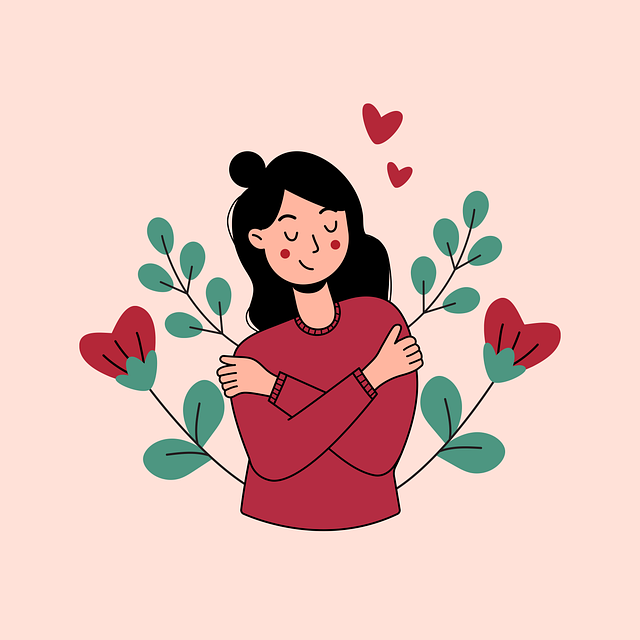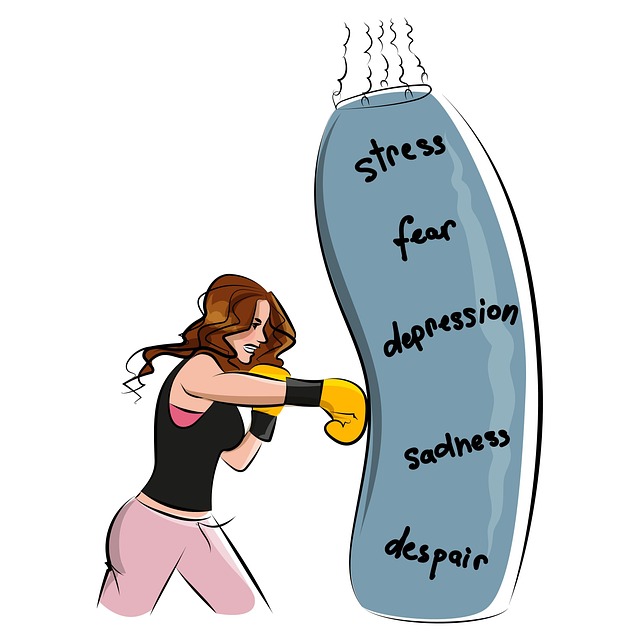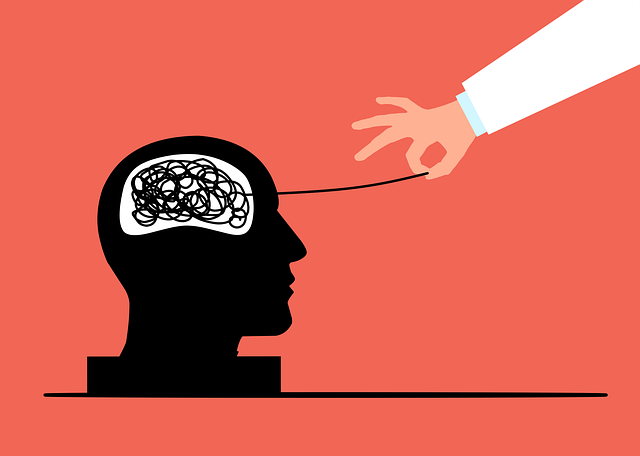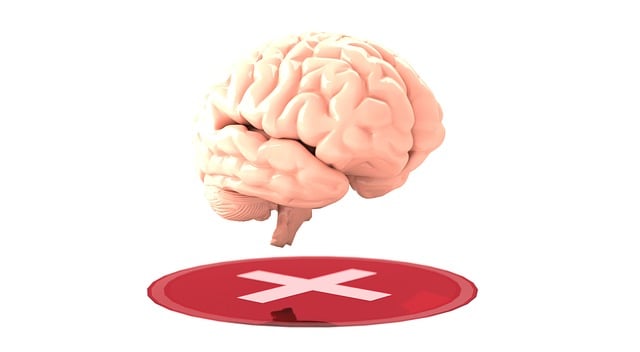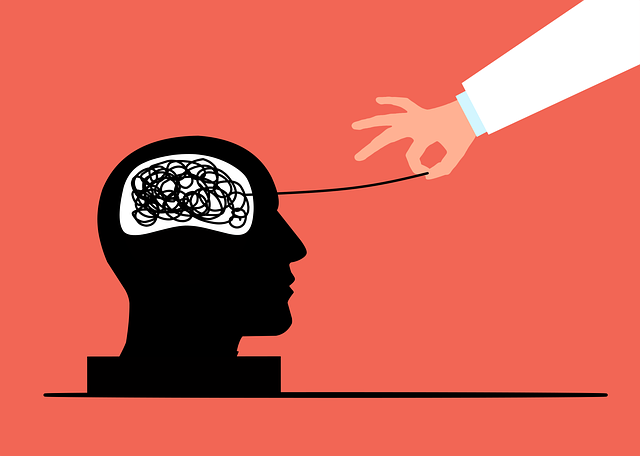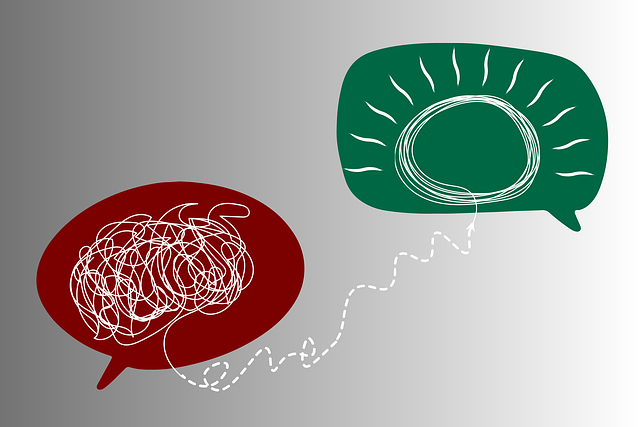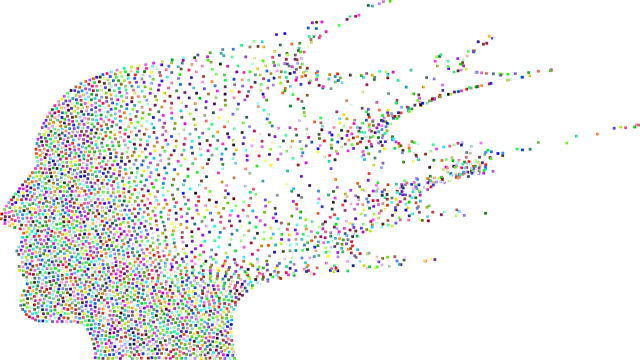Group facilitation techniques using play therapy offer a supportive environment for older adults' mental health therapy, reducing stress, improving cognitive function, and boosting overall wellness. These sessions encourage active participation, foster community building, open communication, and social connections through activities like storytelling, art, and games. Crisis intervention guidance completes these programs, developing resilience and confidence in elders while providing an engaging therapeutic atmosphere as an alternative to traditional talk therapy.
Mental wellness group facilitation plays a pivotal role in addressing the unique challenges of elderly individuals. This article explores effective techniques for facilitating support groups, focusing on play therapy as a powerful tool for older adults. We delve into understanding elder mental health and leveraging group dynamics to create safe spaces. Additionally, we provide strategies to foster engaging sessions, enhancing cognitive well-being through tailored activities, and ensuring every participant feels valued. Discover how these methods can revolutionize therapy for elders and promote meaningful connections.
- Understanding Elderly Mental Health and Group Dynamics
- Facilitating Effective Play Therapy Sessions for Elders
- Strategies to Foster a Supportive Group Environment
Understanding Elderly Mental Health and Group Dynamics

Understanding mental health in older adults is a specialized field, given the unique challenges and considerations that come with aging. Group facilitation techniques can be highly effective for this demographic, offering a supportive environment where individuals can connect, share experiences, and learn from one another. In facilitating therapy for elders, it’s essential to create a safe space that encourages active participation while respecting individual comfort levels. Techniques like play therapy can help alleviate stress, enhance cognitive function, and boost overall mental wellness in older adults.
Group dynamics play a pivotal role in the success of these sessions. Facilitators should focus on building a sense of community among participants, fostering open communication, and promoting active listening. Mental wellness coaching programs designed for this age group often include crisis intervention guidance to address any acute issues that may arise. By combining these strategies, facilitators can create an engaging and therapeutic atmosphere that not only supports mental health but also cultivates confidence and resilience in older adults.
Facilitating Effective Play Therapy Sessions for Elders

Play therapy sessions tailored for elders can be incredibly effective in enhancing mental wellness and promoting a sense of vitality among this demographic. As individuals age, they may face unique challenges that impact their emotional well-being, but play can serve as a powerful tool to reconnect them with joy, creativity, and self-expression. Facilitators should create a safe and nurturing environment where participants feel comfortable engaging in imaginative activities, such as storytelling, art, or even simple games. Encouraging conversation around these activities allows elders to share their experiences, fears, and aspirations, fostering social connections and building resilience against mental health issues like burnout.
Designing mental health education programs that incorporate play therapy can help prevent burnout among older adults by providing a refreshing alternative to traditional talk therapy. Through the development of coping skills, elders can learn to navigate stress, anxiety, or depression using creative outlets. This not only enhances their overall mental wellness but also adds meaning and purpose to their lives. By integrating play into therapeutic practices, facilitators contribute to a holistic approach to mental health care, ensuring that the unique needs of older adults are met in a way that resonates with them on a deep, intrinsic level.
Strategies to Foster a Supportive Group Environment

Creating a supportive group environment is essential for effective mental wellness facilitation. One key strategy is encouraging active participation by ensuring every member feels heard and valued. This can be achieved through icebreaker activities tailored to the group’s demographics, such as play therapy techniques for elders, which foster camaraderie and trust. By promoting an atmosphere of non-judgement and mutual respect, facilitators can enhance open communication, allowing individuals to share their experiences and insights freely.
Additionally, integrating self-care routine development for better mental health is a powerful tool. Facilitators can guide members in identifying personal stress management strategies and mood management techniques, incorporating these into group discussions and activities. Regularly emphasizing the importance of self-care practices enables participants to develop resilience and maintain their emotional well-being, ultimately enhancing the overall therapeutic experience within the group setting.
Group facilitation techniques, particularly play therapy sessions tailored for elders, offer a unique and effective approach to enhancing mental wellness. By understanding the specific needs and dynamics of elderly individuals, facilitators can create supportive environments that encourage open dialogue, build community, and provide invaluable therapeutic benefits. Incorporating these strategies not only improves the quality of life for seniors but also ensures they receive the specialized care they deserve, focusing on both mind and soul.
